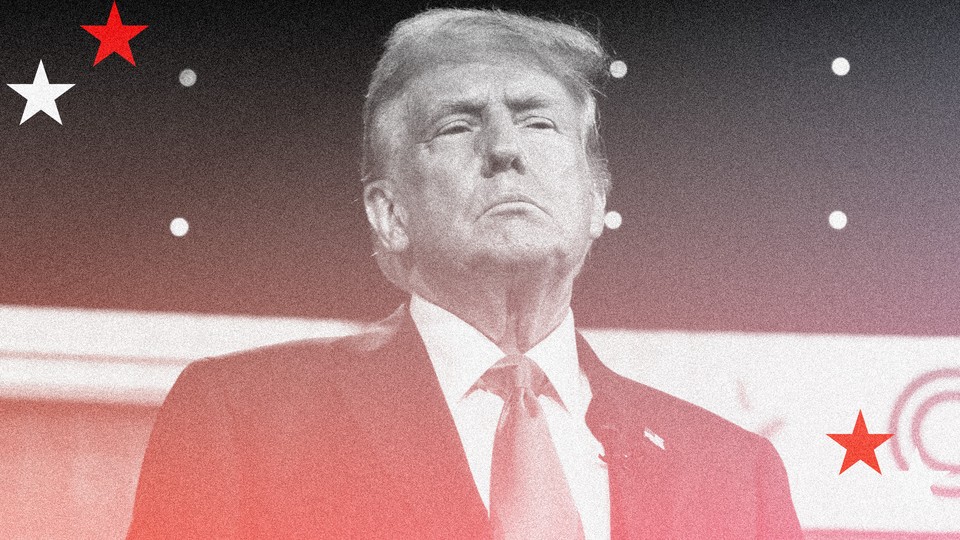Trump Should Never Have Had This Platform
3 min read
The first question about January 6 was asked at Minute 41.
Donald Trump replied with a barrage of crazy lies, ending by seeming to blame Nancy Pelosi’s documentarian daughter.
Then, just to be fair, CNN moderator Jake Tapper followed up with a question to President Joe Biden. Did he really mean to imply that Trump’s voters were a danger to democracy?
Biden fumbled the answer, as he fumbled so many other answers. The octogenarian president delivered a fiasco of a performance on the Atlanta debate stage. But the fiasco was not his alone.
Everything about the event was designed to blur the choice before Americans. Both candidates—the serving president and the convicted felon—were addressed as “president.” The questions treated an attempted coup d’état as one issue out of many. The candidates were left to police or fail to police the truth of each other’s statements; it was nobody else’s business but the two men at the podiums.
It may be no coincidence that the modern television presidential debate was born at a time of national political consensus. In 1960, John F. Kennedy and Richard Nixon presented a choice very familiar to viewers in the days of three big channels and a limited number of mass-market products: You could choose Crest or Colgate, two very similar products to meet a similar need. One might be a little mintier, the other a little spicier, but both did the job. Now we live in a very different world, a world in which the choice is much more existential—and yet we retain the Crest vs. Colgate format.
How could it be otherwise? We live in a political culture in which some of us think the supreme issue of our time was an attempted violent overthrow of the Constitution, while other Americans think it was Hunter Biden’s laptop. There are means and institutions to arbitrate those differences. That’s what elections do. But television debates cannot do it, because television debates don’t happen unless they get buy-in from “both sides.” Therefore television debates are designed necessarily to ratify the concept of “both sides.”
Ferocious controversy will probably now erupt over Biden’s leadership of the Democratic Party. We’ll hear all kinds of plans to swap him out somehow. Maybe those plans will be workable, but probably not. Through the uproar, it will be important to keep in mind that this election is not about Biden. It’s about you and your commitments and your values. Biden is just the instrument. Like any instrument, he’s imperfect. But better an imperfect instrument than a would-be autocrat who demands a cult of personality.
A century ago, the socialist leader (and presidential candidate) Eugene Debs rebuked followers who idolized him: “I would not lead you into the promised land if I could, because if I led you in, someone else would lead you out. You must use your heads as well as your hands, and get yourself out of your present condition.”
Against the threat of Trump, Americans must save themselves. The job of doing so cannot be delegated to some charismatic savior—and anyway, that charismatic savior has yet to present himself or herself. Television always wants to reduce active human beings to passive viewers. The presidential debate format has especially served this purpose: “Do I prefer the candidate in the red tie or the blue one?”
This most recent debate has taught the danger of spectatorship. The job of saving democracy from Trump will be done not by an old man on a gaudy stage, but by those who care that their democracy be saved. Biden’s evident frailties have aggravated that job and made it more difficult, but they have also clarified whose job it was. Not his. Yours.



